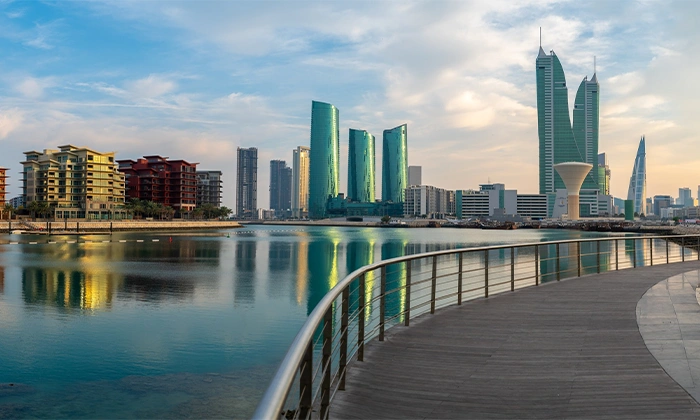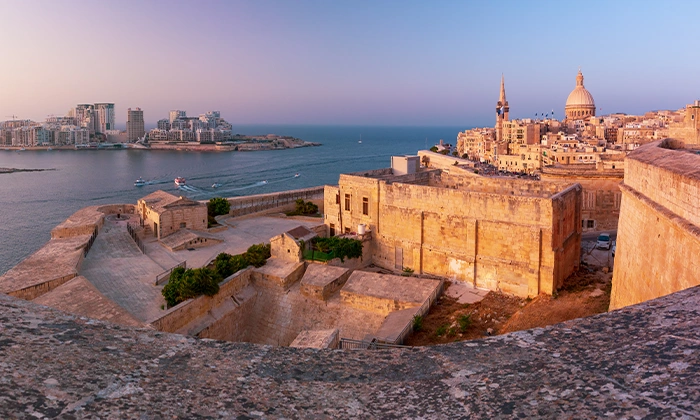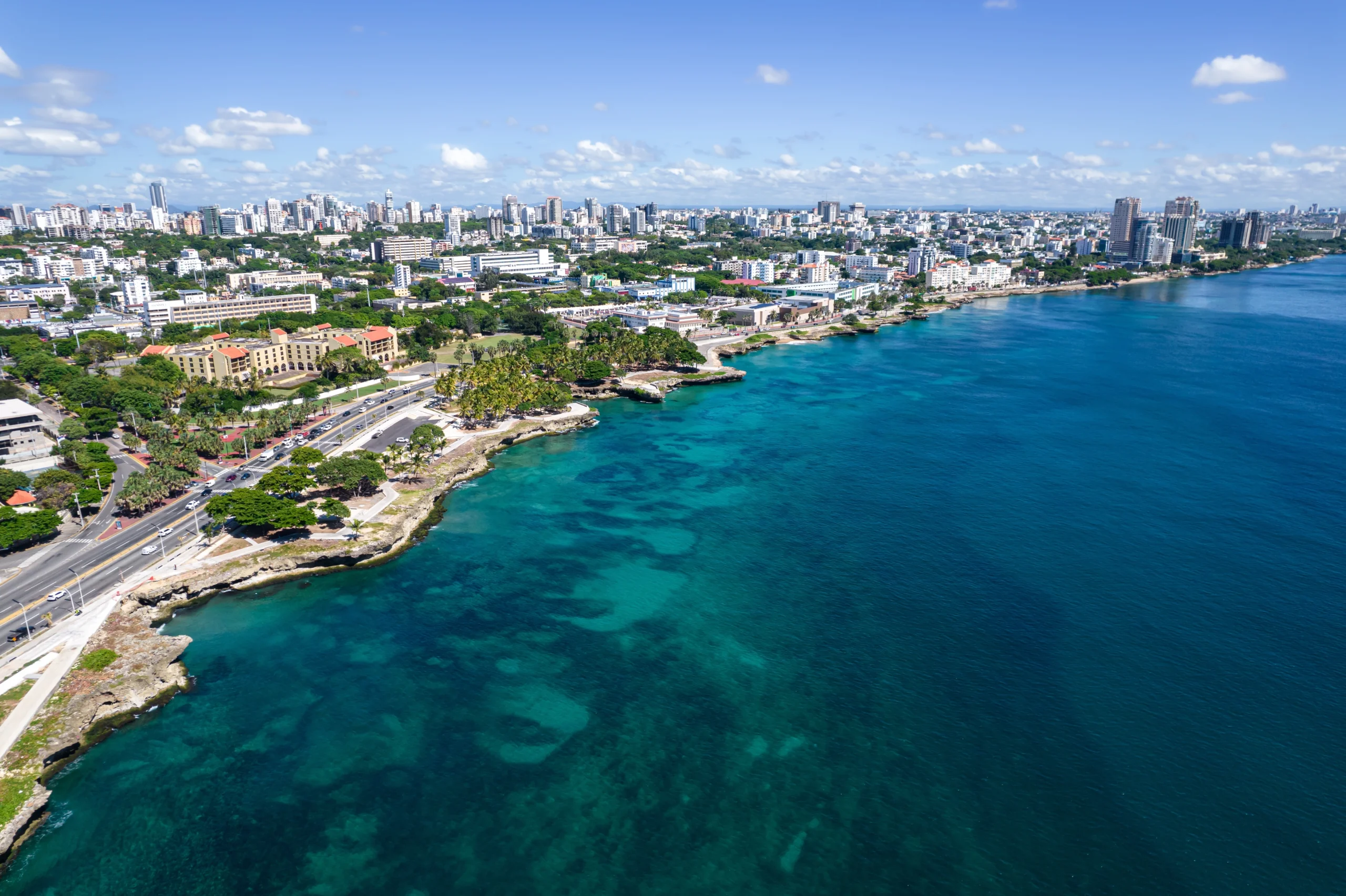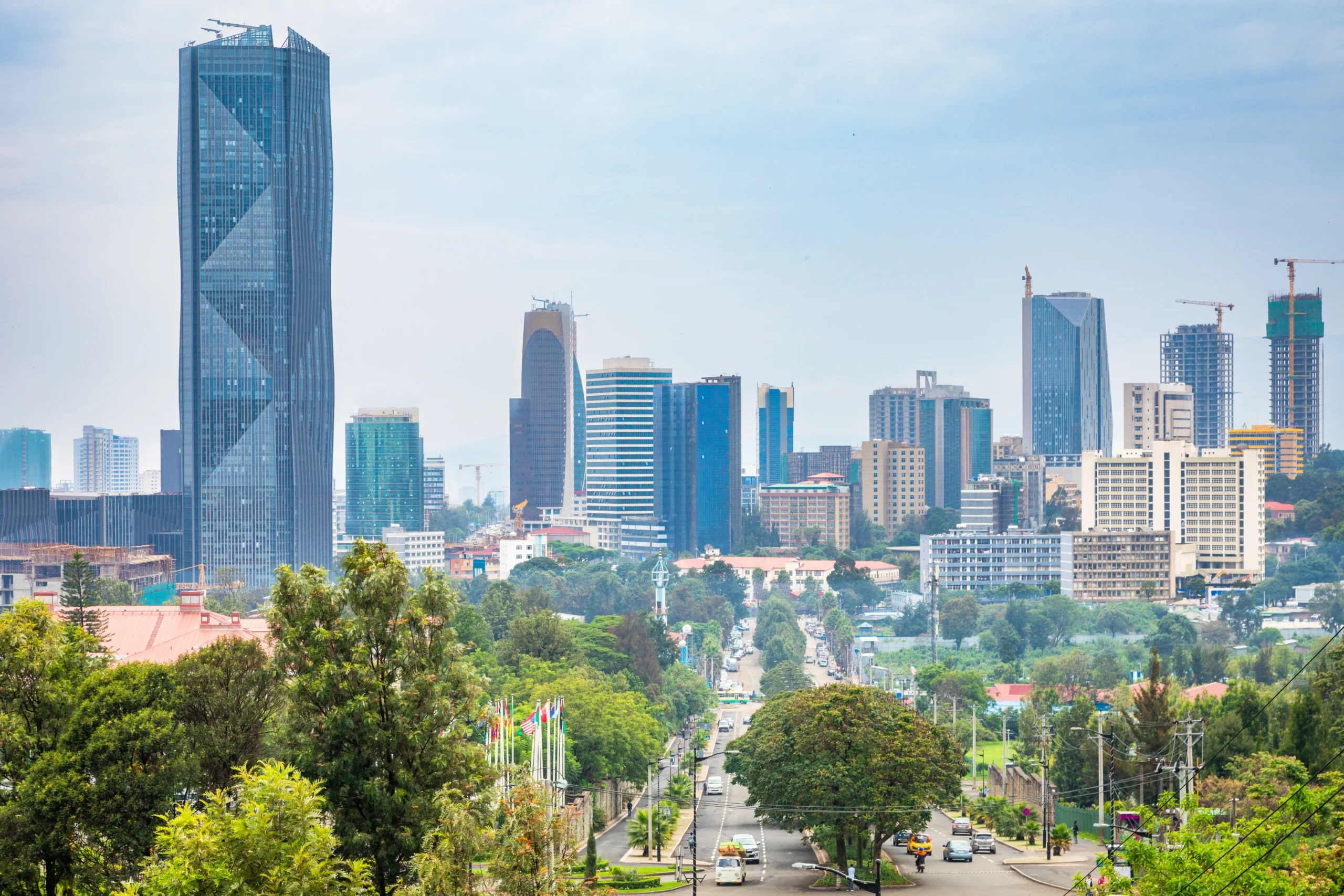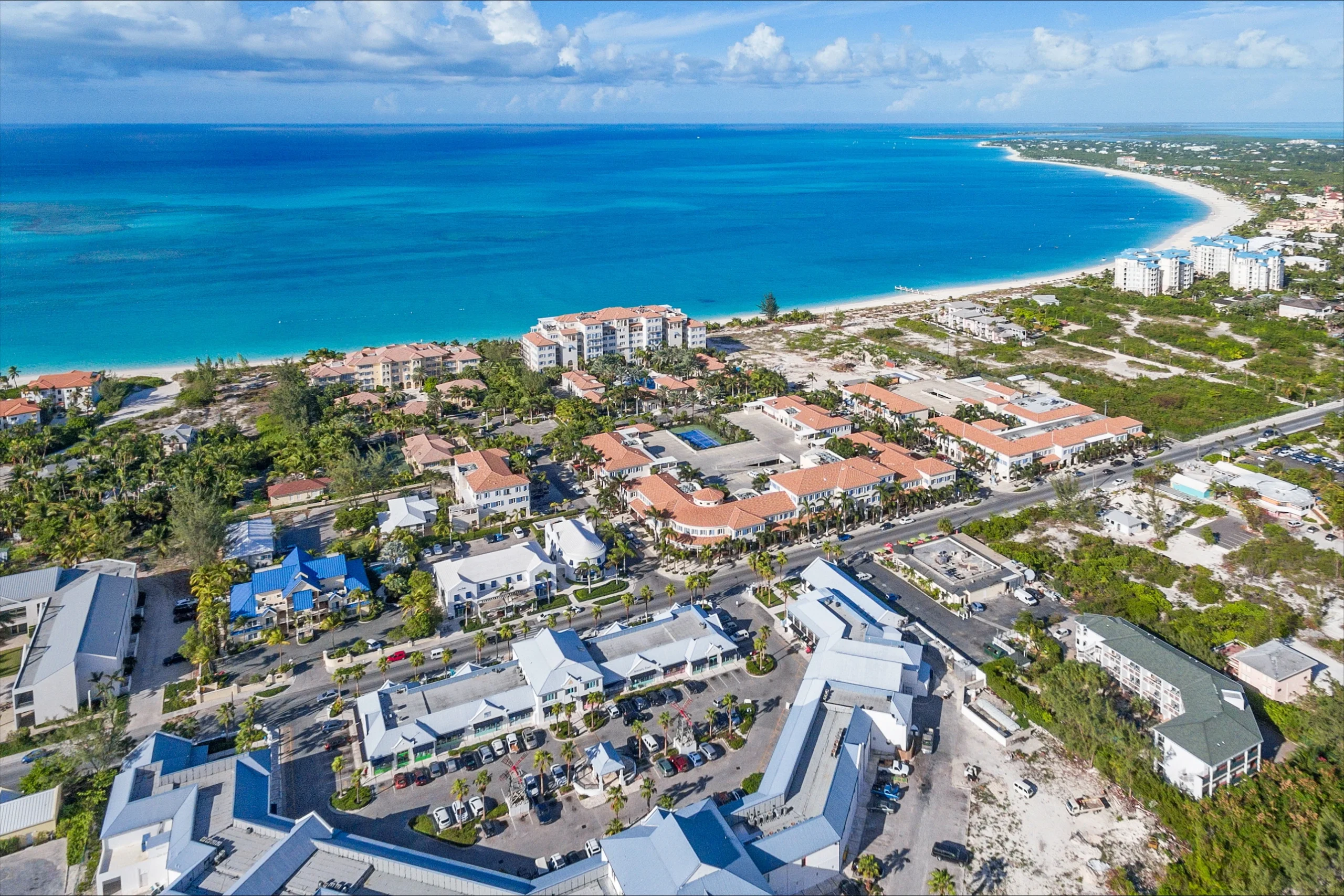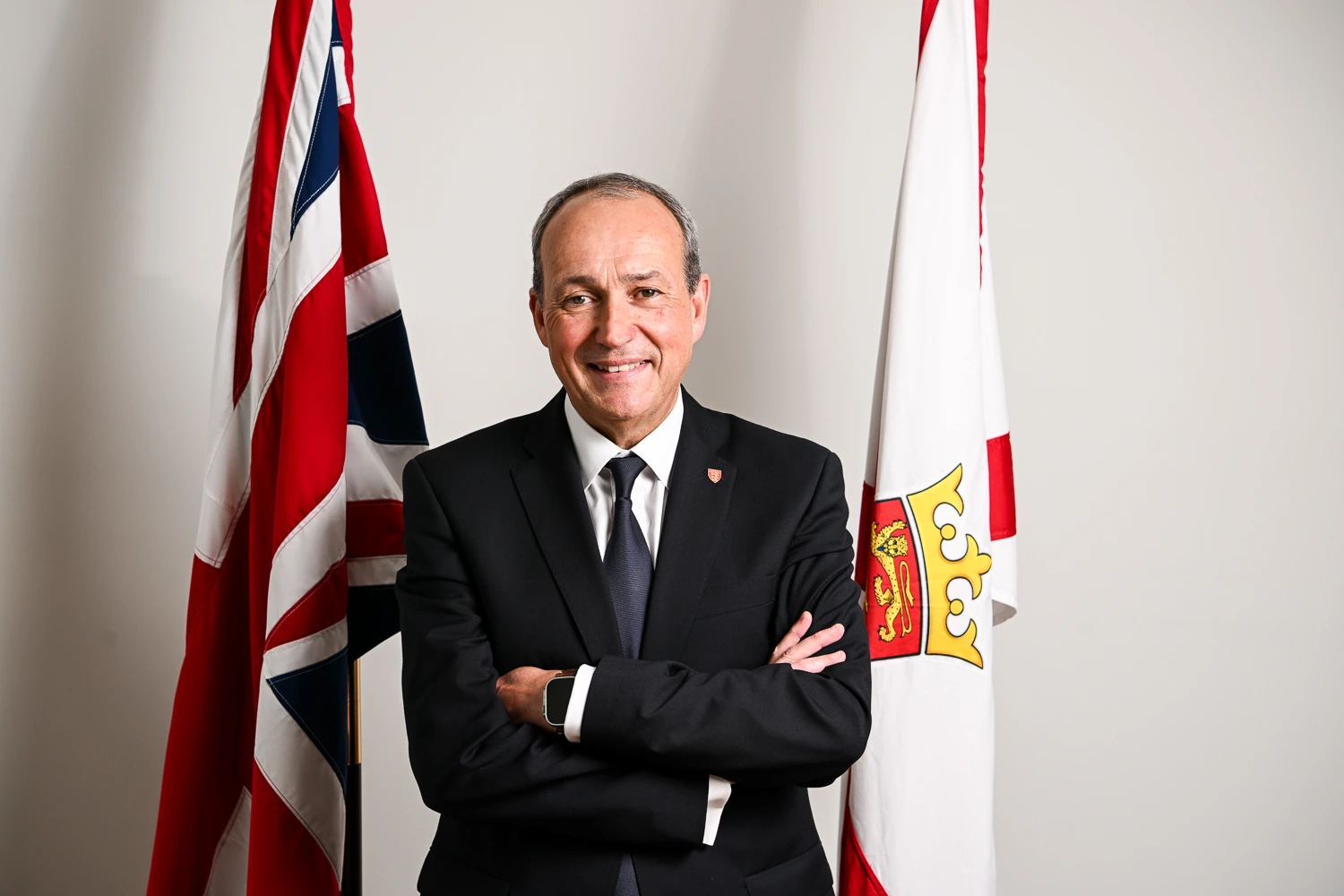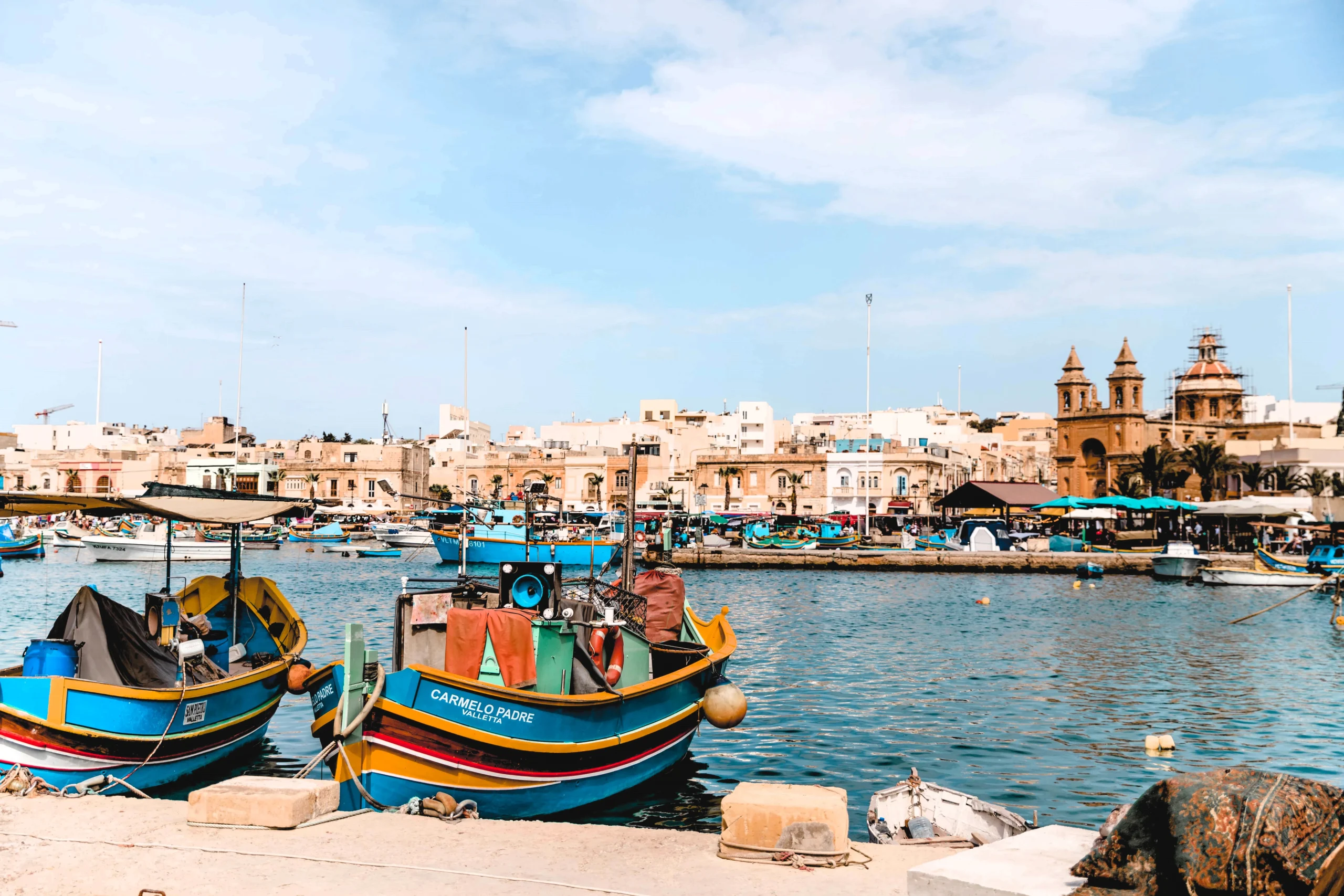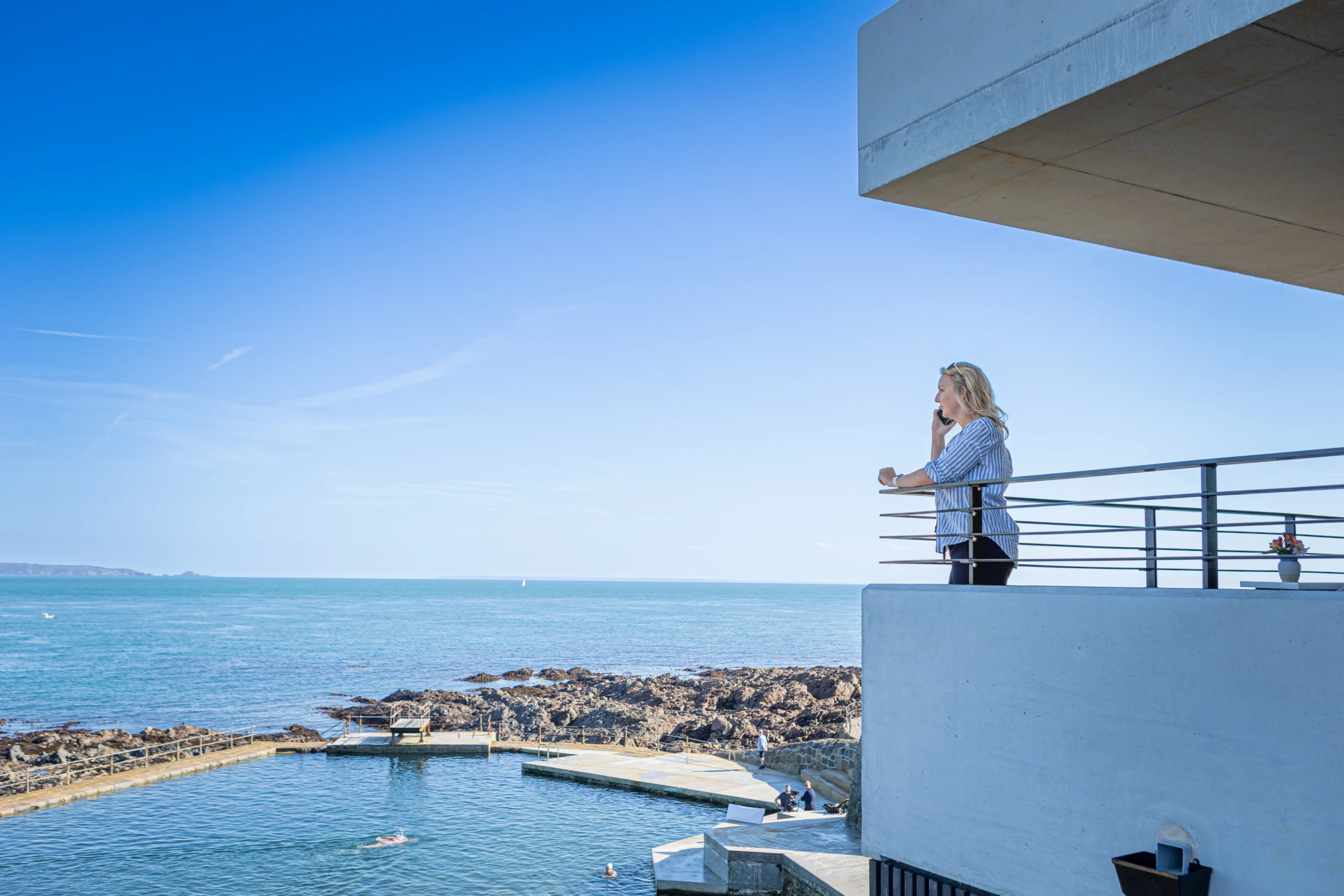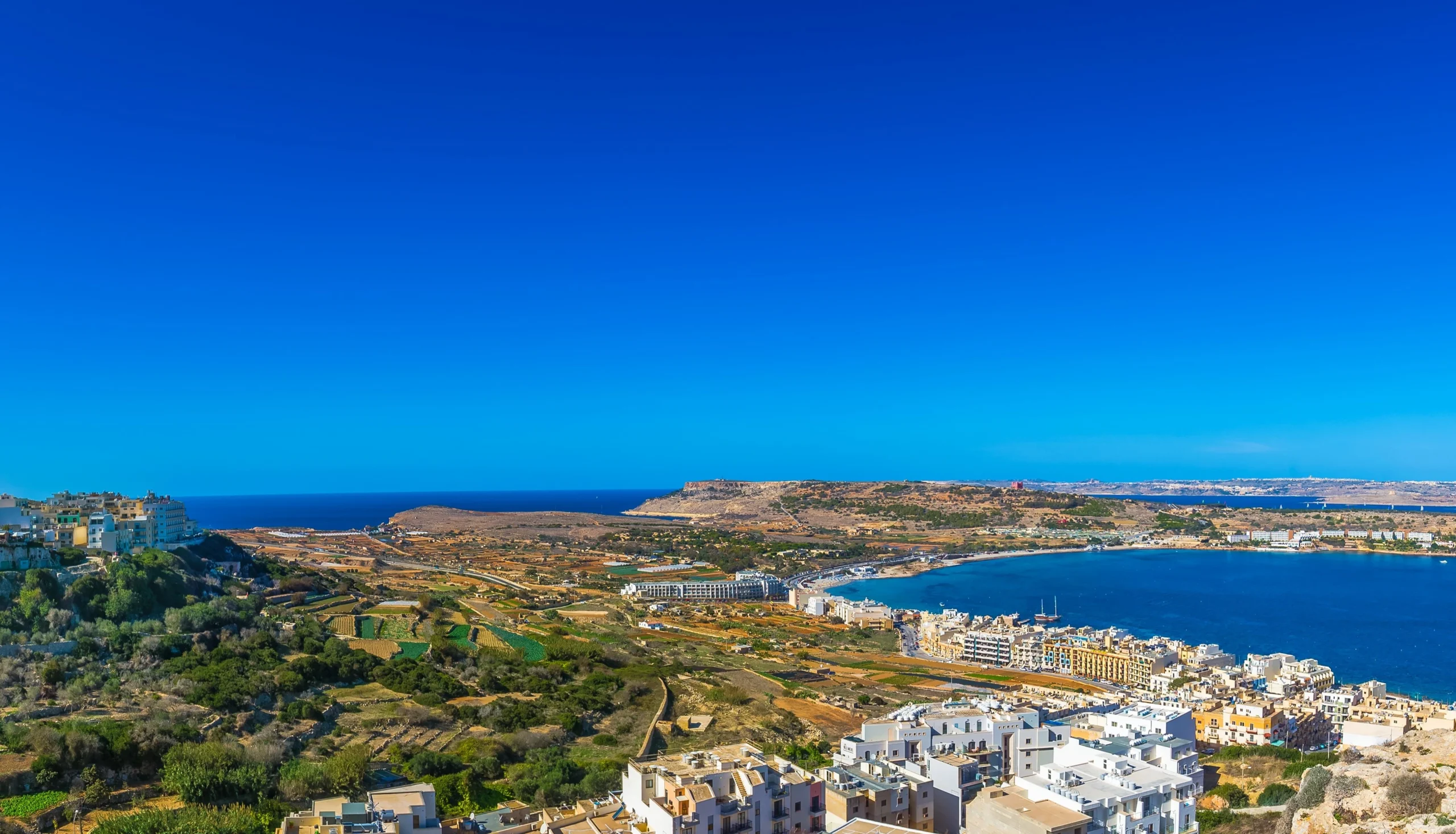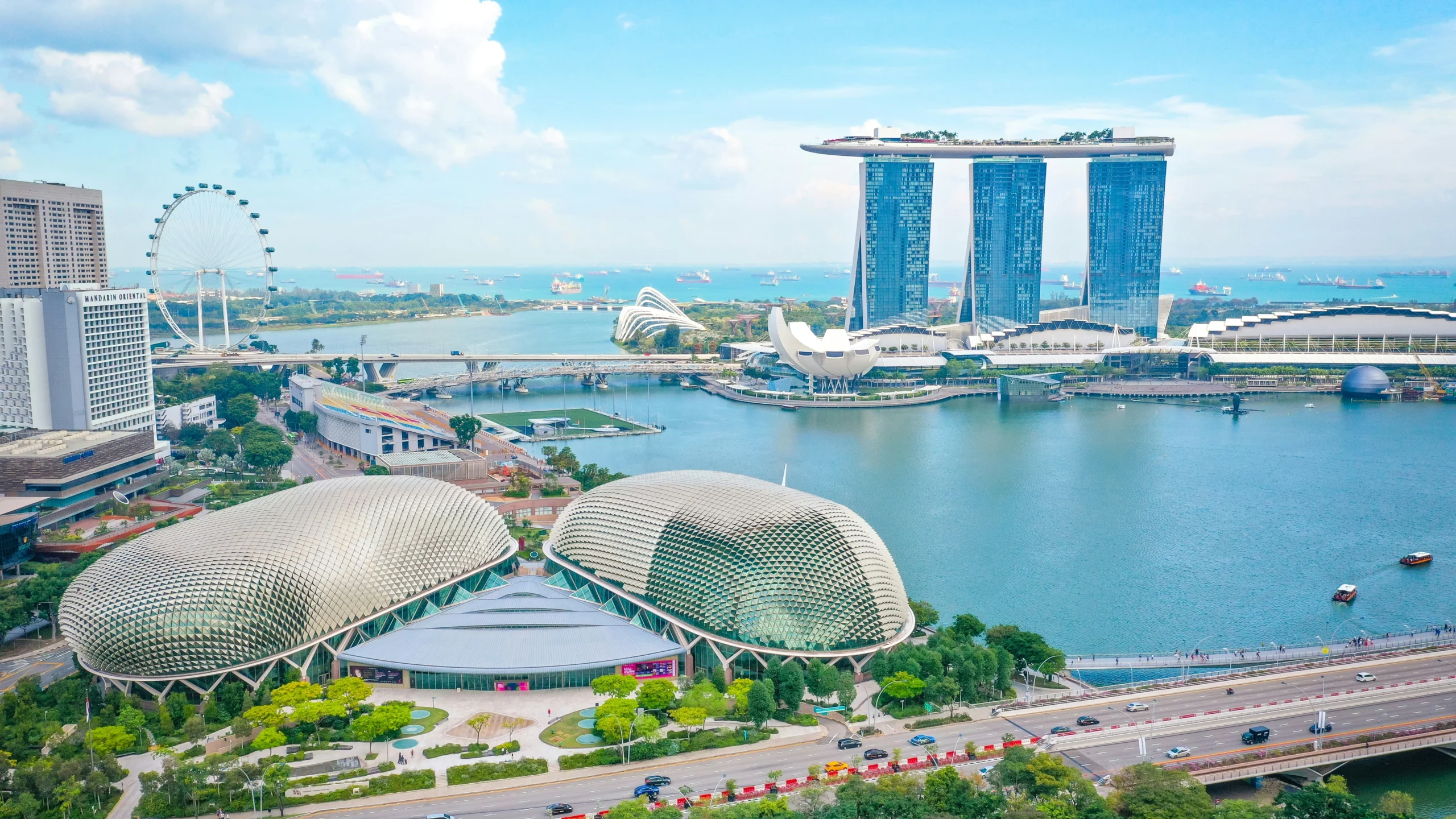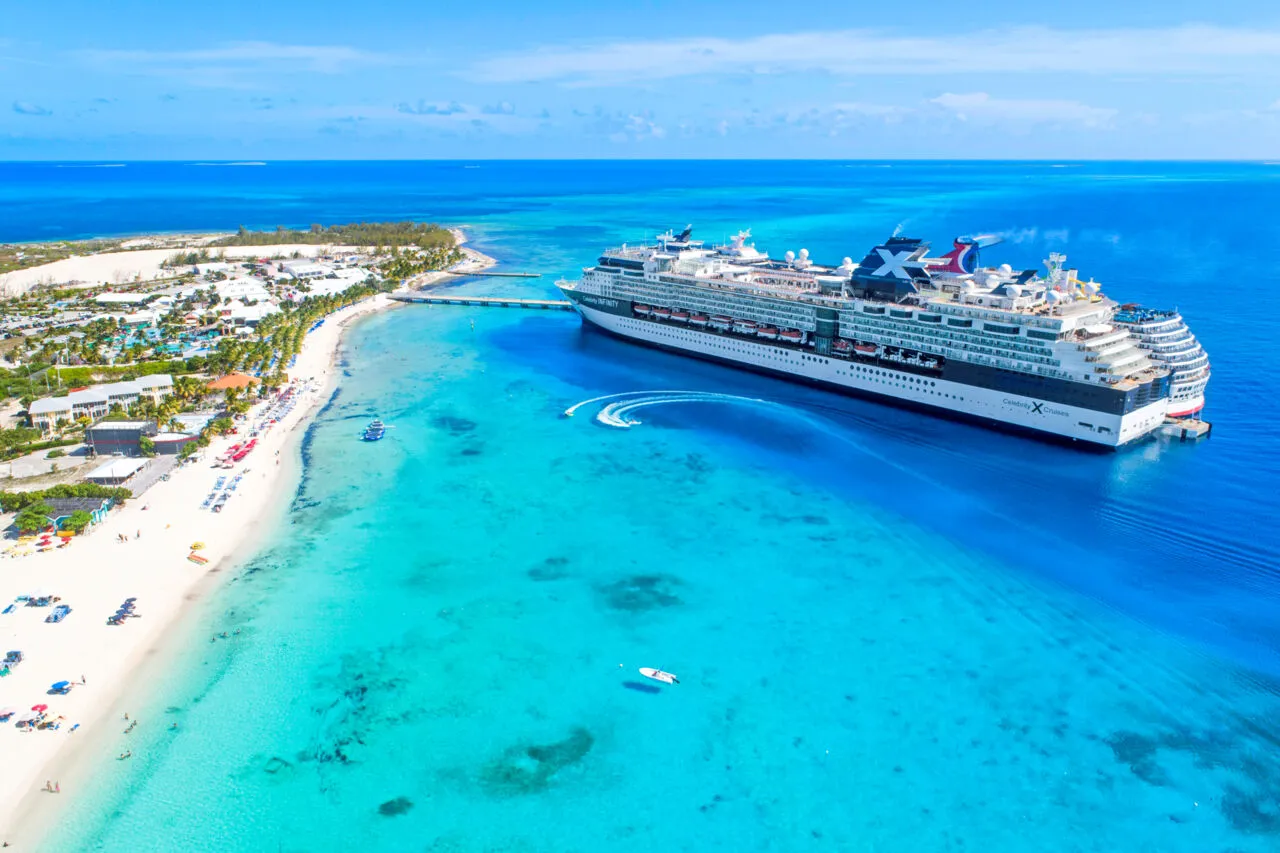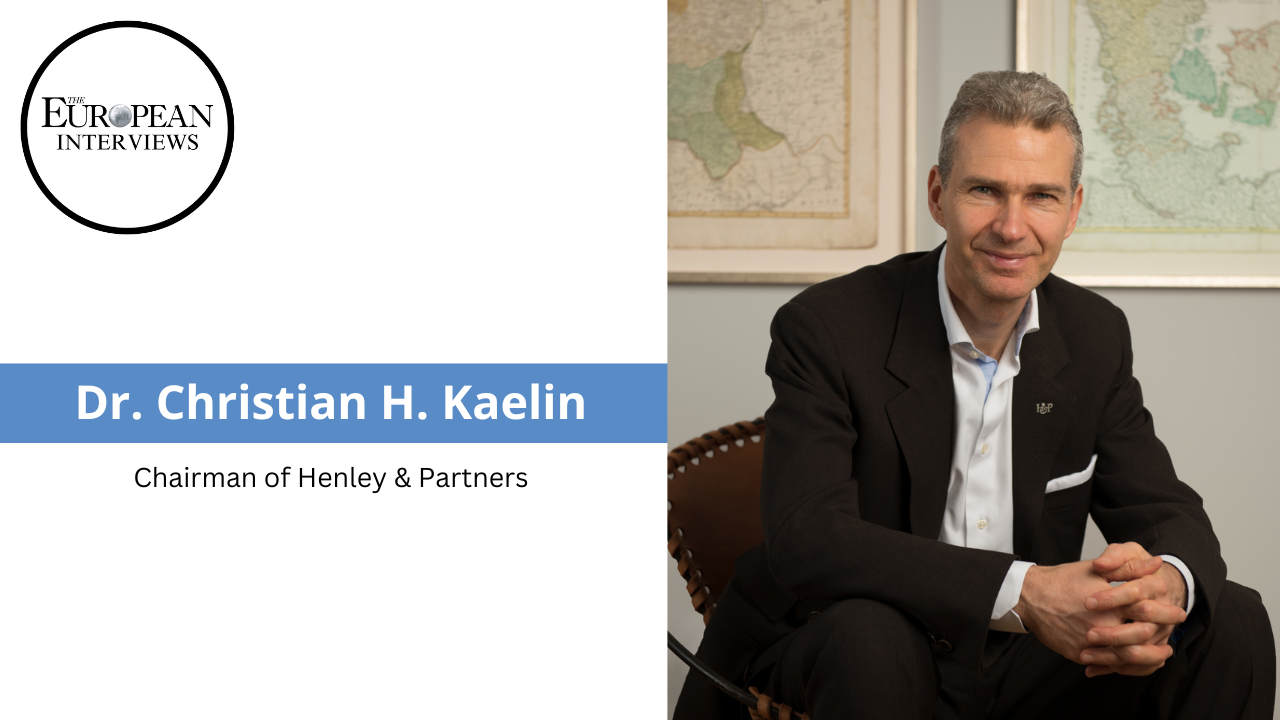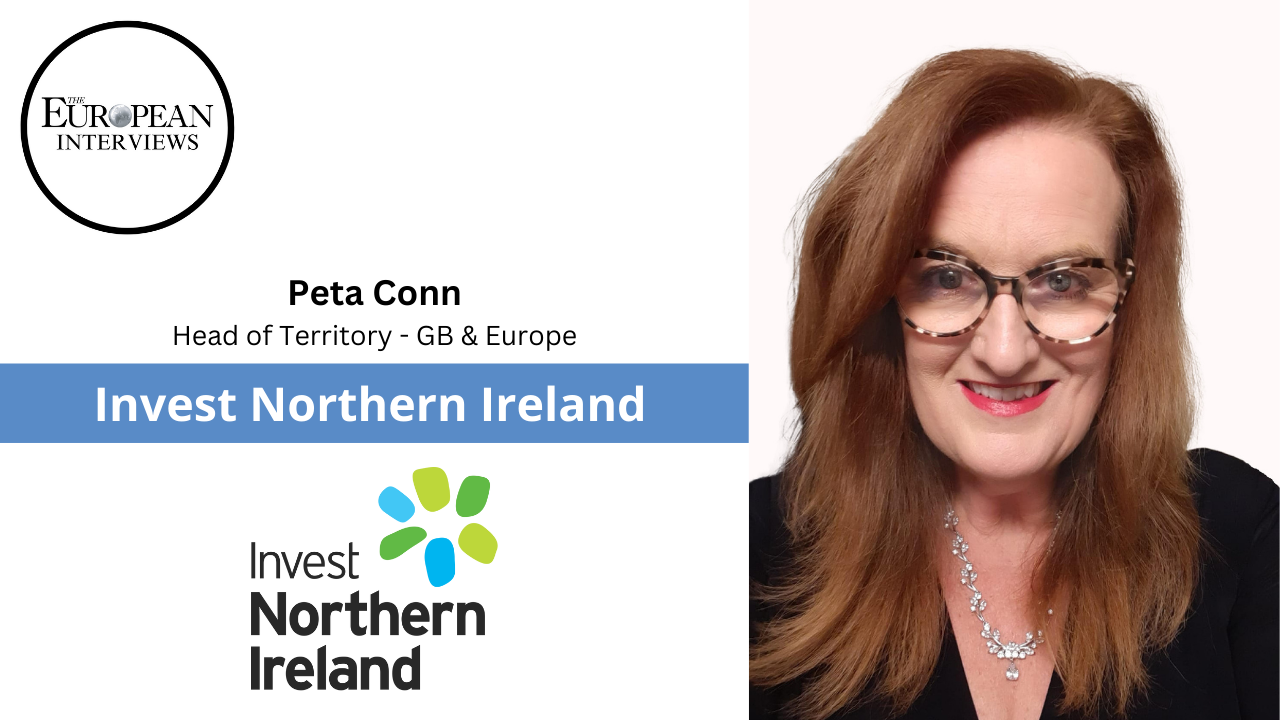Investing in a smarter, greener Caribbean

John E. Kaye
- Published
- Foreign Direct Investment, Home
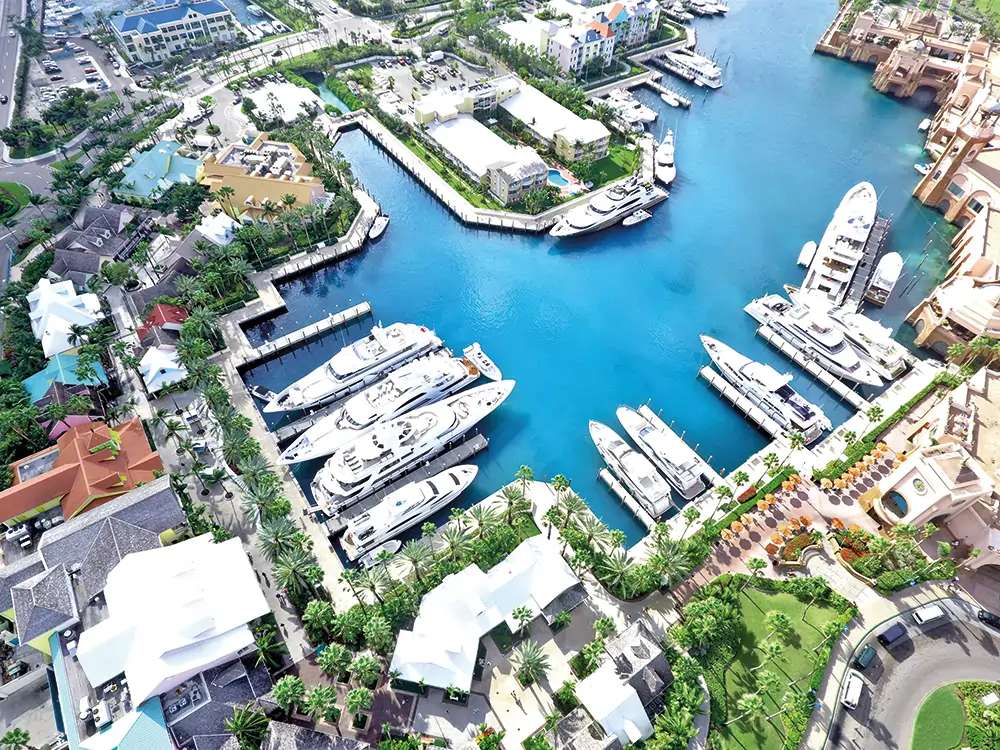
An interview with Deodat Maharaj, Executive Director of Caribbean Export
Renowned for its scenic beauty, the Caribbean been a popular destination for investments in the hospitality and financial sectors for a considerable time. The region is currently expanding its economic horizons through several growing industries, such as outsourcing, technology, agriculture, renewable energy, petrochemicals, logistics, and medical tourism. The presence of a robust local market for goods and services, ambitious renewable energy goals, attractive government policies, and top-tier educational institutions producing skilled professionals, offers a remarkable opening for investors to establish and expand their enterprises in the Caribbean.
Having rebounded to pre-pandemic figures, worldwide inflows of foreign direct investment reached a sum of $1.6tn in 20221. Notably, the Caribbean has managed to attract in US$3.8bn, marking a surge of 39%2.
Based in Barbados, Caribbean Export is the development agency at the forefront of efforts to entice investment into the Caribbean, aimed at supporting the region’s ambitious programme for transformation. As the Executive Director of the agency, Deodat Maharaj is spearheading the way forward, and gave The European his thoughts on what makes the Caribbean such an attractive proposition for investors.

Discuss some of the opportunities in the Caribbean that are set to attract a new wave of investment from Europe.
Deodat Maharaj: The Caribbean region presents excellent prospects across various industries, such as luxury resorts and hotels, businesses associated with the green economy transition, including renewable energy, healthcare, digital technology, transportation, and logistics, to name a few. However, despite the potential, the missing elements to seize these opportunities has been a combination of capital, technology and partnerships.
Traditionally, there has been a misconception that the Caribbean is too small. However, this is a misrepresentation of the region’s true potential. Collectively, we represent a market of nearly 30 million people, including the Dominican Republic. In 2019 alone, stay-over tourist arrivals surpassed 30 million, indicating a significant market size. Therefore, it is crucial to acknowledge that investing in sectors such as agriculture would provide investors with a market size close to 60 million.
Moreover, it is important to recognise that the Caribbean has established itself as a renowned destination for mid- to high-level tourism, which creates a captive market for quality goods and services. For instance, when considering poultry production, the market extends beyond an estimated 375,000 people in Barbados. It also encompasses an additional one million tourists who visit Barbados annually, along with convenient market access to the rest of the Caribbean.
Please outline some of the investment priorities for the Caribbean.
DM: The Caribbean stands at a crucial juncture, where it is imperative to secure investments in key sectors that can propel the region’s transformation. Given the vulnerability of the Caribbean to climate change, investing in a green economy has become a must for the region and where there are a plethora of incentives. Additionally, addressing our food insecurity remains a top priority, particularly for our small countries, with a strong emphasis on deploying new technology in agriculture – therefore technology is certainly emerging as a significant priority in this context. Furthermore, to remain competitive, we must wholeheartedly embrace innovation, digitalisation, and technology across all business sectors and industries. By obtaining crucial investments in these sectors, we can pave the way for progress and development. Caribbean governments have also attached the highest priority to these sectors and investors will be welcomed with open arms, including by the regional private sector.

Describe the role Caribbean Export plays in supporting business in the Caribbean.
DM: Caribbean Export is the regional agency dedicated to promoting Caribbean trade on a global scale, and plays a pivotal role in attracting investments to our region. We actively establish connections with businesses both within and beyond the Caribbean, fostering strong and meaningful business relationships. Our primary goal is to facilitate business growth and development, taking into account the unique circumstances of our region. We focus on assisting micro-businesses in their transition to small enterprises, supporting small businesses to become medium-sized ventures, and facilitating the growth of medium-scale businesses into net exporters. Our success stems from our direct collaboration with the private sector, creating a platform where businesses engage with one another to foster new opportunities and generate economic growth.
In the area of investment, we are focused on attracting investments that can drive transformation. We actively promote the Caribbean as an appealing investment destination, showcasing a range of projects that are rich in potential. A notable example of our efforts is our flagship initiative, the Caribbean Investment Forum (CIF), which is scheduled to be held in Nassau, The Bahamas from 23-25 October this year. CIF is distinguished by its exclusive focus on investment, with the primary aim of attracting businesses who have an interest in investing in Caribbean projects that deliver a good return, and can help drive our transformation, creating jobs and opportunity for our people.
Given the many uncertainties in the global economy, what makes the Caribbean such a good proposition for those unsure of where to invest?
DM: The Caribbean stands out as an oasis of stability amidst a world marked by challenge and complexity. Notably, the literacy rate in the Caribbean exceeds 95%, reflecting a highly educated workforce. In addition to the local market of 60 million people, businesses can export to extra-regional markets given our preferential access. For example, our goods receive preferential market access to the lucrative half a billion European Union market. We also have free trade agreements with Colombia and Costa Rica with excellent market access to the United States and Canada. Therefore, investing in the Caribbean gives an investor a market not only in the region but a massive and lucrative extra-regional one as well.

The Atlantis in the beautiful Bahamas, is home to this year’s Caribbean Investment Forum, 23-25 October
Additionally, investing in the Caribbean presents enormous prospects for businesses, especially in sectors aligned with our development aspirations. Agriculture, for instance, has a slew of incentives given the region’s food insecurity. Digitalisation, technology, and innovation are areas where Caribbean firms are eager to advance and seek technical expertise and financing. The region has recognised the importance of attracting and supporting investors in these sectors, reflected in existing policies aimed at creating a welcoming environment. Moreover, the Caribbean has made substantial commitments to transition to a green economy due to our climate vulnerability. Like agriculture and digitalisation, the incentives are across the board.
In summary, the Caribbean offers stability, attractive incentives, convenient market access, and a well-educated population ready to contribute to the success of your investment.
Further information
carib-export.com
1 https://unctad.org/publication/world-investment-report-2022
2 https://unctad.org/news/foreign-direct-investment-latin-america-rebounded-56-2021
Main image: Stunning marinas are part of the Caribbean’s endless investment opportunities
RECENT ARTICLES
-
 Zanzibar’s tourism boom ‘exposes new investment opportunities beyond hotels’
Zanzibar’s tourism boom ‘exposes new investment opportunities beyond hotels’ -
 Residence and citizenship planning is reshaping global wealth strategies
Residence and citizenship planning is reshaping global wealth strategies -
 Building sovereign bridges by attracting global investors
Building sovereign bridges by attracting global investors -
 Bahrain cuts property investment threshold for golden residency
Bahrain cuts property investment threshold for golden residency -
 Where mobility meets opportunity: Malta’s strategic advantage for global investors and innovators
Where mobility meets opportunity: Malta’s strategic advantage for global investors and innovators -
 UK government sets up Women in Tech taskforce amid gender imbalance concerns
UK government sets up Women in Tech taskforce amid gender imbalance concerns -
 Malta introduces Nomad Heritage Card for remote professionals
Malta introduces Nomad Heritage Card for remote professionals -
 How free global cities could reshape the future of migration
How free global cities could reshape the future of migration -
 Dominican Republic positions itself as Caribbean hub for sustainable trade and investment
Dominican Republic positions itself as Caribbean hub for sustainable trade and investment -
 Biviana Riveiro Disla speaks to The European about the Dominican Republic’s role as a hub for trade and investment
Biviana Riveiro Disla speaks to The European about the Dominican Republic’s role as a hub for trade and investment -
 Liechtenstein tops global index for foundations
Liechtenstein tops global index for foundations -
 Keeping the door open: wealthy UK citizens investing their way back into the EU
Keeping the door open: wealthy UK citizens investing their way back into the EU -
 Ethiopia emerges as a sustainable investment leader on the African stage
Ethiopia emerges as a sustainable investment leader on the African stage -
 France’s FDI renaissance marks a Nouvelle Ère for Europe
France’s FDI renaissance marks a Nouvelle Ère for Europe -
 The Turks and Caicos Islands: A new era for financial services and innovation
The Turks and Caicos Islands: A new era for financial services and innovation -
 Jersey in focus – an interview with Chief Minister Deputy Lyndon Farnham
Jersey in focus – an interview with Chief Minister Deputy Lyndon Farnham -
 Malta – a popular base for digital nomads
Malta – a popular base for digital nomads -
 Move to Guernsey: The Channel’s island gem
Move to Guernsey: The Channel’s island gem -
 Malta’s residency-by-investment programme: a clear path to permanent residency
Malta’s residency-by-investment programme: a clear path to permanent residency -
 The banking shift that Europe’s businesses can’t afford to ignore
The banking shift that Europe’s businesses can’t afford to ignore -
 High-net-worth Europeans turn to investment migration amid security fears
High-net-worth Europeans turn to investment migration amid security fears -
 Beyond the beaches: a spotlight on the Turks and Caicos Islands
Beyond the beaches: a spotlight on the Turks and Caicos Islands -
 Video Interview with Dr. Christian H. Kaelin of Henley & Partners
Video Interview with Dr. Christian H. Kaelin of Henley & Partners -
 Ireland’s resilience and future in Foreign Direct Investment
Ireland’s resilience and future in Foreign Direct Investment -
 Video Interview with Peta Conn of Invest Northern Ireland
Video Interview with Peta Conn of Invest Northern Ireland




